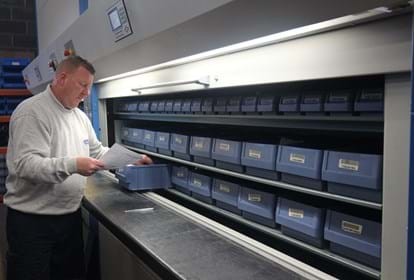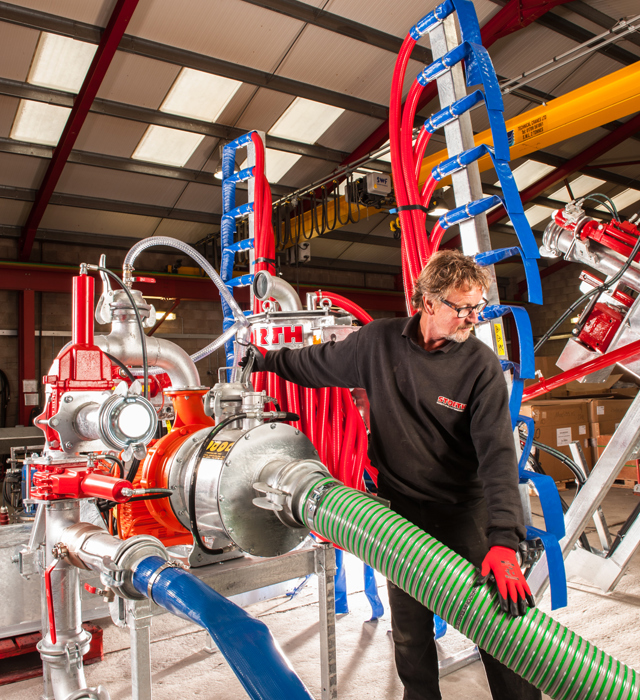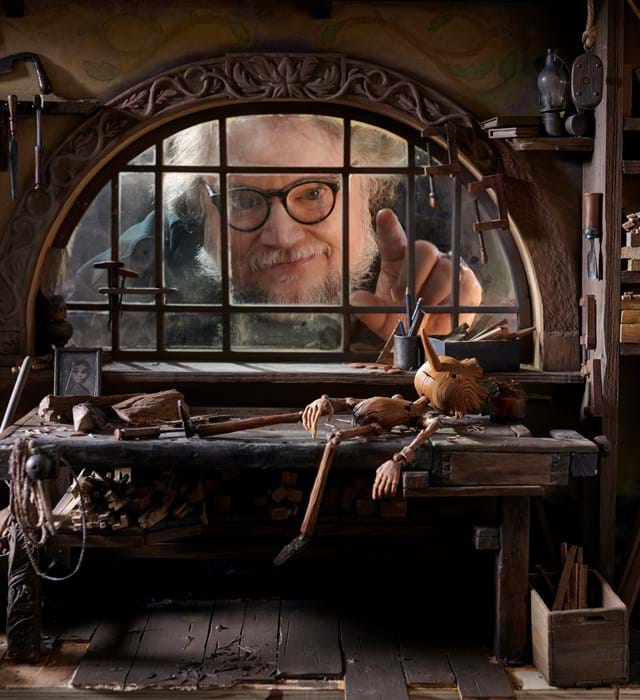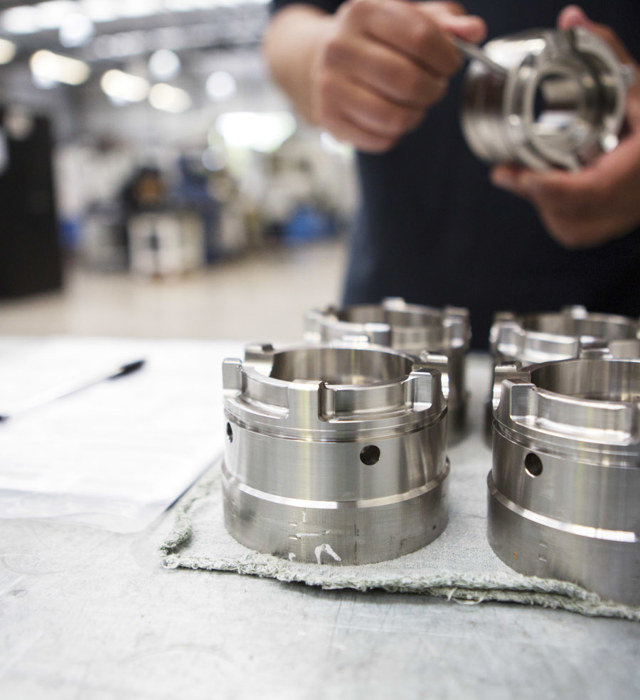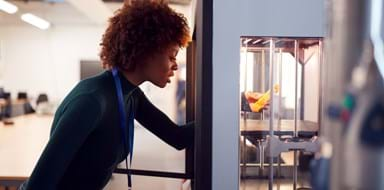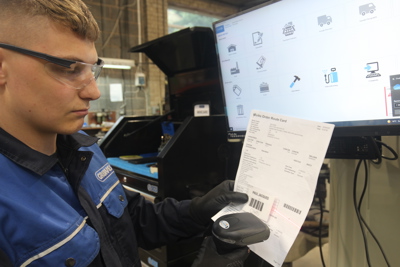
A manufacturer of industrial mixing equipment has achieved record sales and unlocked future innovation after investing in transformative data and systems integration technology.
Joshua Greaves & Sons (Greaves), based in Ramsbottom, makes systems for mixing products for a range of companies in food and drink, pharmaceuticals and chemicals sectors.
With the support of Made Smarter, it has replaced paper-based manual processes with a software solution that integrates business functions including sales, design, purchasing, planning, manufacturing and assembly.
The impact of real-time access to key data has been extensive. The solution has improved accuracy and scheduling and resource planning, cut lead times from four weeks to 48 hours, increased capacity and productivity, improved product costing accuracy, boosted sales, as well as reduced waste and carbon emissions.
Edward Greaves, Managing Director, said: “We’ve always had a customer centric approach, but in manufacturing there are so many variables that one small thing could disrupt the process and impact your ability to deliver what you had originally planned.
“To have real-time visualisation and to be able to move quickly to overcome challenges, we have been able to give customers more accurate lead time quotes and often exceed their expectations. This has increased customer confidence and enhanced our reputation.
Case Study - Joshua GreavesMade Smarter’s support has been incredible in helping us achieve this first step in our digital transformation.
Edward Greaves, Managing Director of Joshua Greaves
Greaves is a fourth generation family business with systems used by pharma and vaccine manufacturers, as well as food, cosmetics, coatings and chemicals sectors.
Its digital transformation journey has seen investment in two programmable CNC machines, 3D design software, digitisation of its design archive and the adoption of cloud-based collaboration tools. It has also worked with the Manufacturing Technology Centre to redesign its factory layout.
Greaves’ ambition is to grow its market share for custom integrated mixing systems and increase sales of discrete mixers.
To achieve this the business needs to increase productivity by reducing the manufacturing cost, increasing its capacity and reducing lead times.
The business has been hampered by two major challenges: an inefficient factory layout and production flow; and a reliance on paper-based manual processes across business functions; from sales, design, purchasing and planning to manufacturing and assembly.
Doug Watson, Production Manager, said: “The crux of our challenge was that we were too reliant on the use of manual recording and spreadsheets for logging of batches through each stage of production, stock control, purchasing and scheduling. It meant we had no effective way of measuring rates of production, no visibility, and no way of implementing efficiency improvements.
Gareth Hughes, Head of Sales & Operations, said: “We didn’t have accurate records of raw material stock levels and purchasing, which could lead to unforeseen delays and an inability to reliably plan manufacturing resources. This could lead to late and inaccurate deliveries, low productivity performance, lost sales and customer service issues.”
Greaves turned to Made Smarter for support, which started with a digital transformation workshop to analyse its people, process and product, and to create a digital roadmap. This identified material requirements planning (MRP) software as a key solution.
With a grant from Made Smarter, Greaves invested in a CIM50 MRP production data capture system.
This works by allocating every component, manufactured component and sub-assembly with an item number and barcode. On top of this each sales order is allocated a works order number and a unique barcode. The system then draws down a bill of materials from the approved design in the existing 3D Design system, then allocates raw materials from stock, if available, or generates a purchase order, if not.
The software uses a scheduling module that generates a production plan which integrates with the purchasing plan to ensure materials are available before production issues the work order.
When in production, machine operators will scan a barcode printed on the batch traveller, thereby capturing process time and logging any issues in real time.
The system can create reports by product, by order/batch, by machine and by operator, enabling management to identify areas of best practice and improvement.
Greaves has so far piloted the new system on its IBC mixer range, with striking results.
Enabling traceability and capturing and displaying real time production and stock data has vastly improved the accuracy and scheduling and resource planning.
As a result, lead times for orders of its IBC products have reduced from four weeks to 48 hours.
This increased capacity and accuracy of product costing has resulted in record sales years.
New digital processes have led to increased productivity and reduced waste. This in turn has significantly reduced overall carbon consumption, accelerating the company towards its sustainability goals.
There has also been a cultural shift in favour of digitalisation at Greaves, with a number of operators moved into more skilled roles.
Jordan Foster, Engineering Coordinator, said: “Naturally, change can be disconcerting, especially when you’re disrupting processes people have been using for years. But the impact of technology has given everyone a boost and shown what is possible.”
The next step for Greaves is to roll the system out to its spares products, and then all ranges.
This is forecast to further increase in operational efficiency, sales capacity and growth. The target is to increase productivity by 20%.
Greaves is also looking to integrate with its customers, allowing them to see live order progress.


